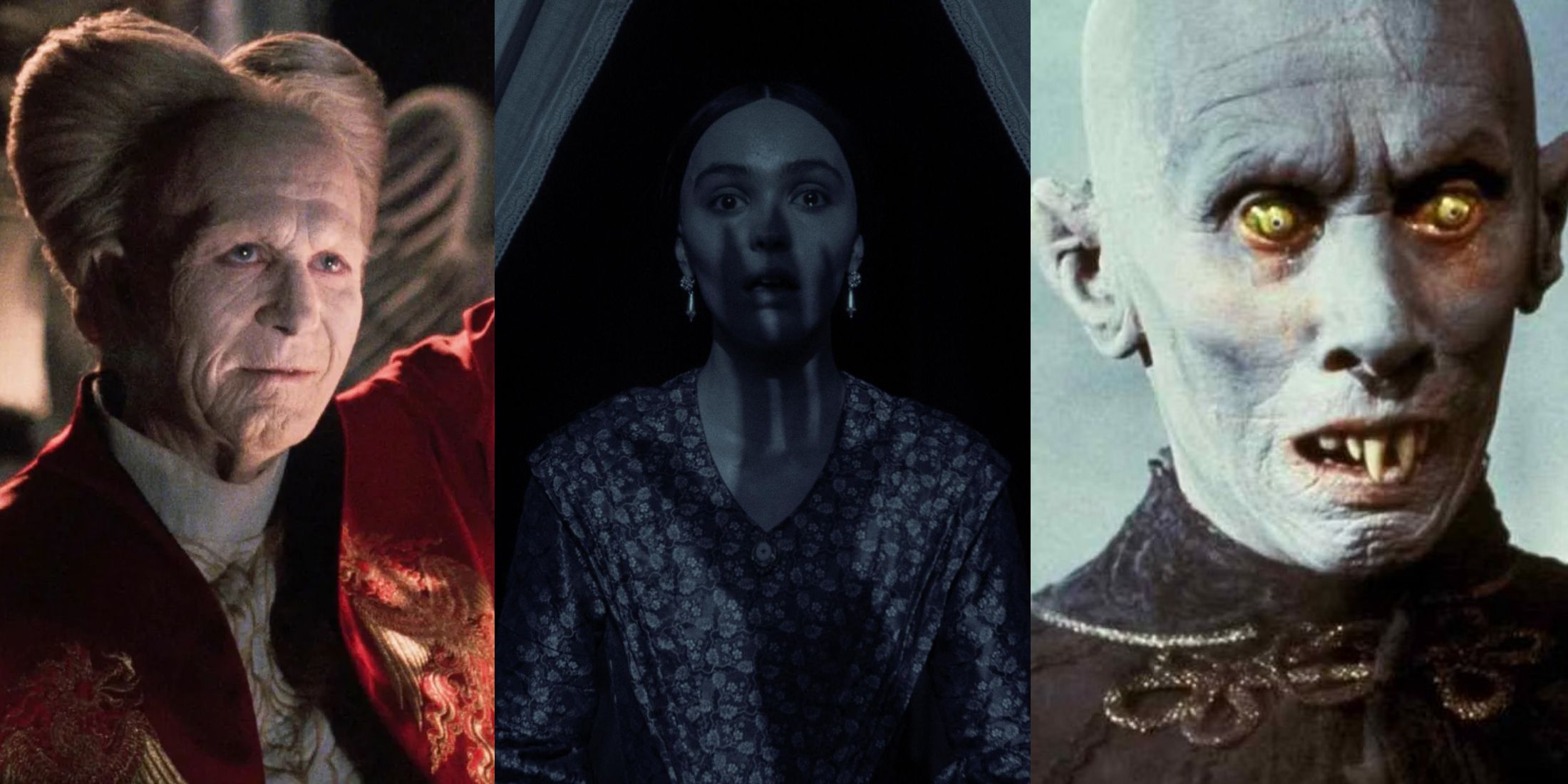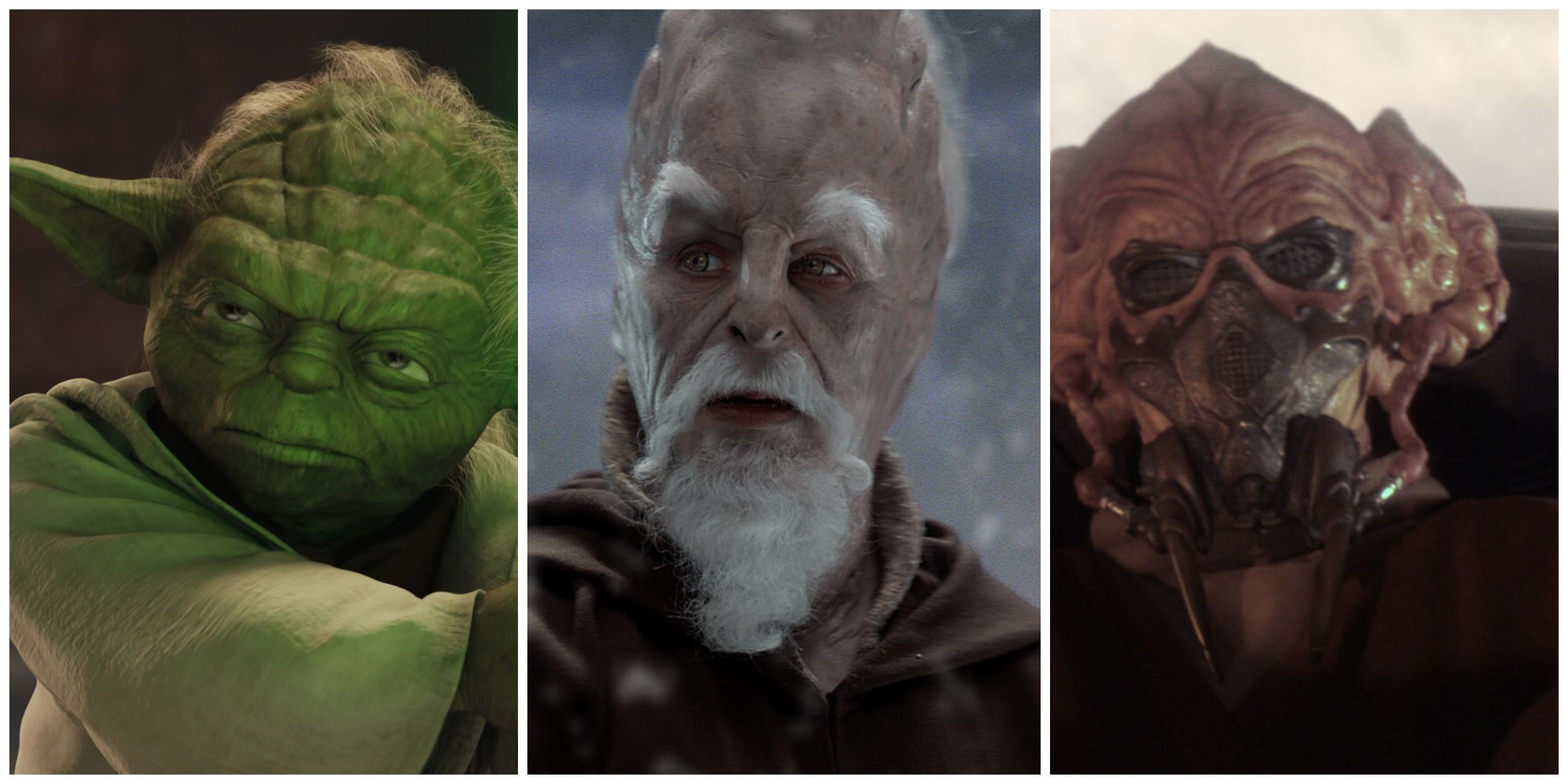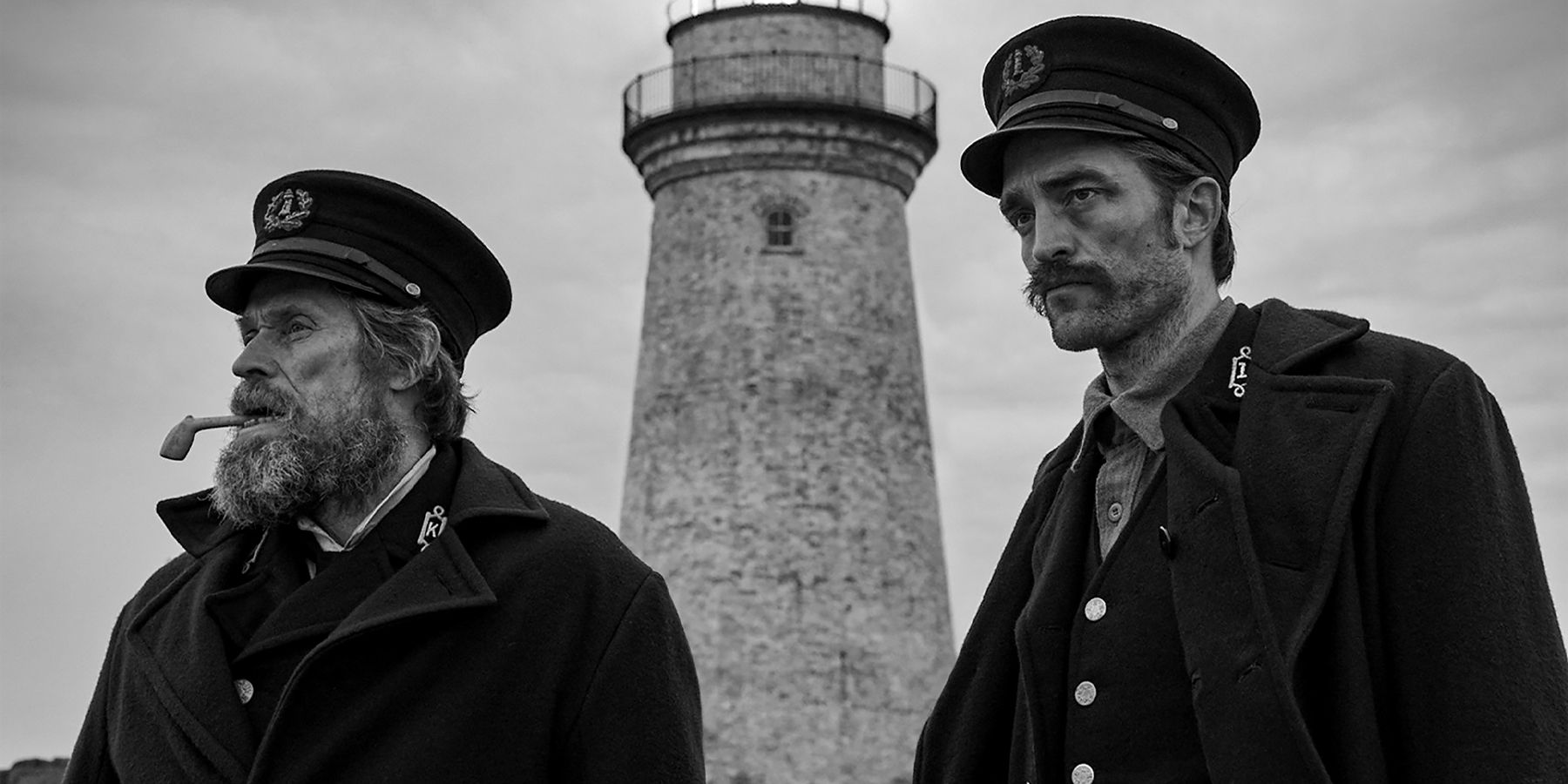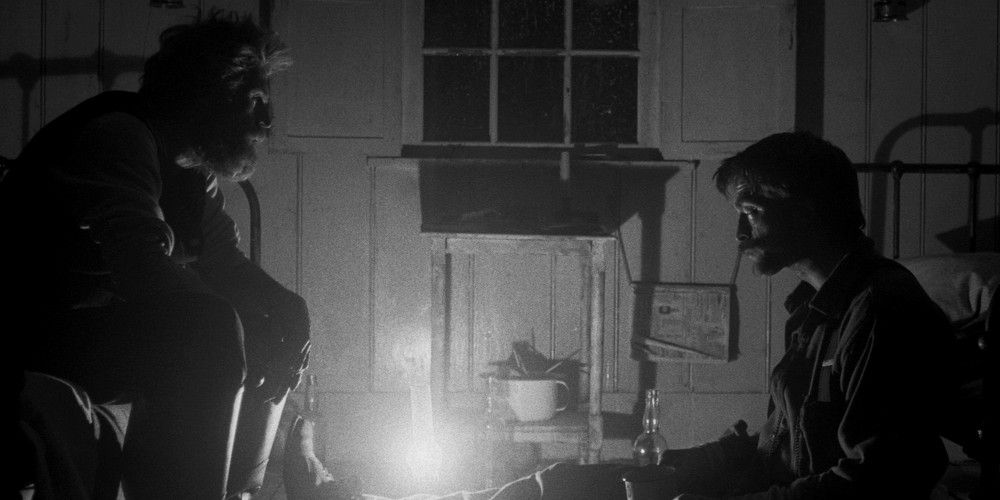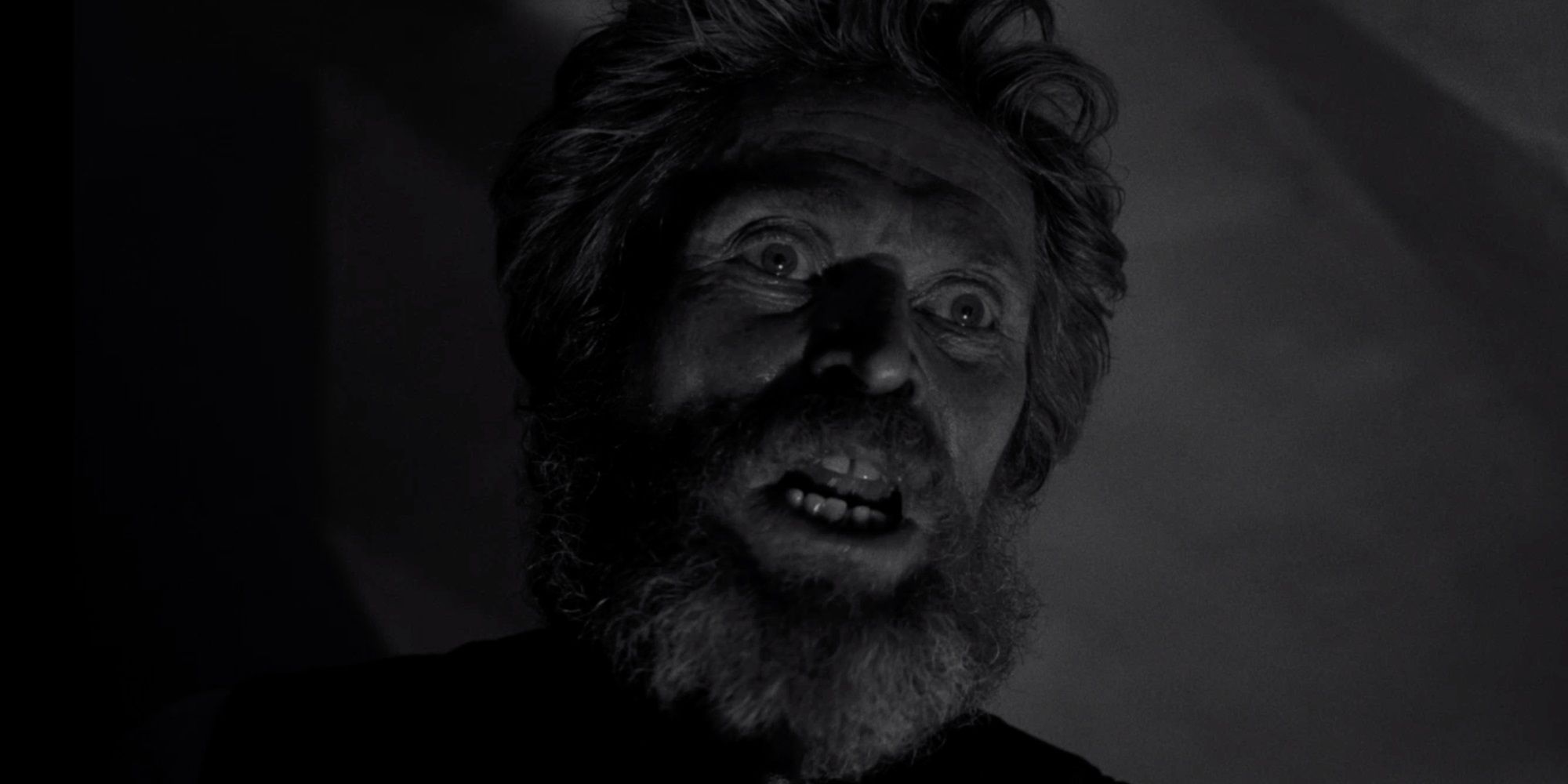The Lighthouse, directed by Robert Eggers, is a 2019 psychological horror film that follows two lighthouse keepers, Thomas Wake (Willem Dafoe) and Ephraim Winslow (Robert Pattinson), as they are stranded on a remote island. The film's themes of isolation, power, and madness are portrayed through the characters' unraveling mental states and surreal experiences. However, it is the film's enigmatic ending that has left audiences puzzled and debating its meaning.
Symbolism and mythology are integral elements of The Lighthouse, and they are used to convey the film's themes and messages. The lighthouse itself is a symbol of power and control, with the light symbolizing knowledge and the ability to guide others. The characters' obsession with the light represents their desire for power and knowledge, leading them down a path of madness. The film's use of mythological elements, particularly from Greek and Christian mythology, further reinforces its themes and adds a layer of depth to the story. The film's use of black-and-white cinematography and 1.19:1 aspect ratio adds to its eerie and claustrophobic atmosphere, emphasizing the characters' isolation and the oppressive nature of their surroundings. The film's sound design, particularly the constant howling of the wind and the crashing of waves, further reinforces the sense of unease and isolation.
Who Are The Two Men In The Lighthouse?
Thomas Wake and Ephraim Winslow are the two main characters in The Lighthouse. Wake is an experienced lighthouse keeper who has been stationed on the island for years, while Winslow is a new recruit who is tasked with assisting him. The two men are vastly different in their personalities and behaviors, with Wake being loud, crude, and domineering, while Winslow is reserved and introspective. As the film progresses, their relationship becomes increasingly strained, with Wake exerting his power and authority over Winslow.
Which Mythologies Are Referenced In The Lighthouse?
One of the most significant mythological references in The Lighthouse is to the story of Prometheus. In Greek mythology, Prometheus is a Titan who stole fire from the gods and gave it to humanity, resulting in his punishment by Zeus. The film's use of fire and light as symbols of power and knowledge echoes Prometheus's act of stealing fire. In The Lighthouse, the light in the lighthouse is a coveted source of power and knowledge that the characters are willing to do anything to possess. This desire for power and knowledge ultimately leads to their downfall, much like Prometheus's actions led to his punishment. The very last scene, in which Winslow is depicted being viciously pecked by seagulls, is very reminiscent of Prometheus' punishment of having his liver eaten by an eagle over and over again.
Christian mythology is also referenced in The Lighthouse, particularly in the film's final scenes. The film's depiction of Wake as a drunken, abusive father figure and Winslow as a submissive son figure recalls the story of Noah and his sons in the Old Testament. In the story, Noah becomes drunk and exposes himself to his sons, leading to a curse being placed on his son Ham. The film's use of this imagery suggests that Wake is a figure of divine punishment, and Winslow is being punished for his sins. The film's surreal and disturbing ending, which features a mermaid and a giant tentacled creature, further reinforces this interpretation.
The Lighthouse's ending is open to interpretation, and there are several possible meanings that can be derived from it. One possible interpretation is that the film is a commentary on the corrupting nature of power and the dangers of obsession. The characters' obsession with the light and their desire for power ultimately leads to their destruction, suggesting that the pursuit of power and knowledge is ultimately futile and destructive.
Another interpretation is that the film is a commentary on masculinity and the toxic nature of traditional gender roles. The film's depiction of Wake as a domineering, abusive father figure and Winslow as a submissive son figure suggests that the traditional roles of father and son are harmful and oppressive. The film's use of Christian mythology further reinforces this interpretation, as the story of Noah and his sons is often interpreted as a cautionary tale about the dangers of patriarchal power structures.
Overall, The Lighthouse is a complex and thought-provoking film that uses symbolism and mythology to explore themes of power, knowledge, and madness. The film's enigmatic ending leaves the audience questioning its meaning, but one thing is clear: it is a powerful and unsettling conclusion to a haunting tale.
The Lighthouse is a film that demands multiple viewings and interpretations. Its use of symbolism and mythology adds layers of meaning and depth to the story, while its surreal and disturbing imagery lingers in the viewer's mind long after the credits have rolled. It is a testament to the power of cinema to challenge, unsettle, and provoke, and it is certain to be remembered as a modern horror classic for years to come.

